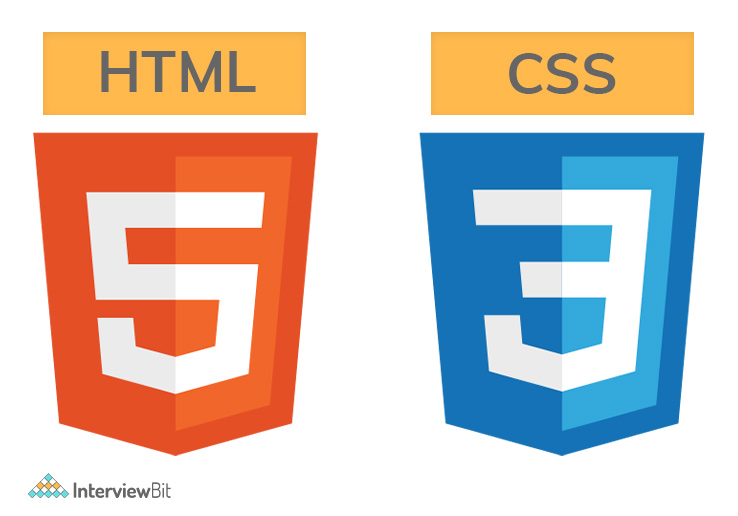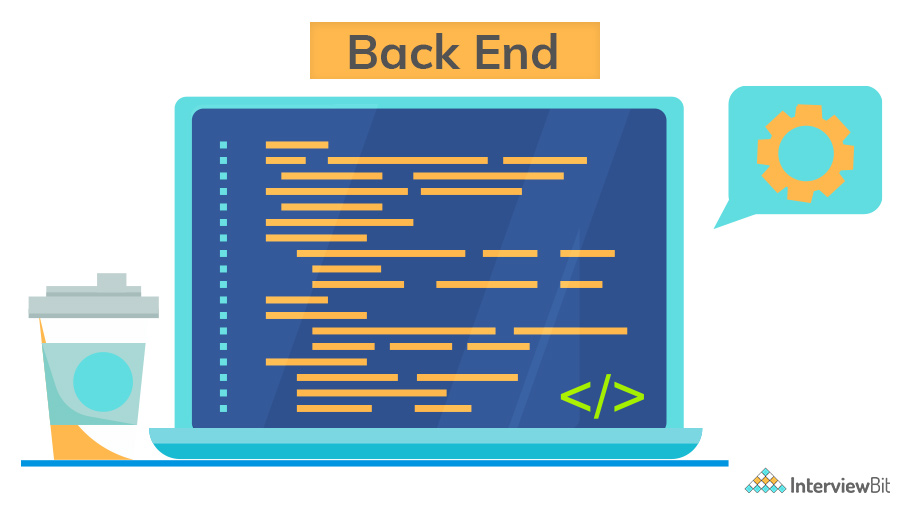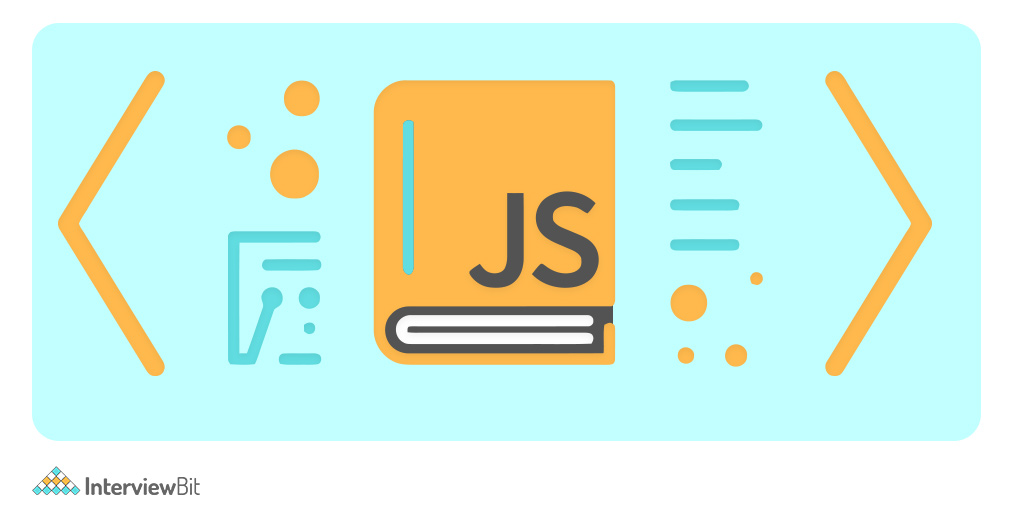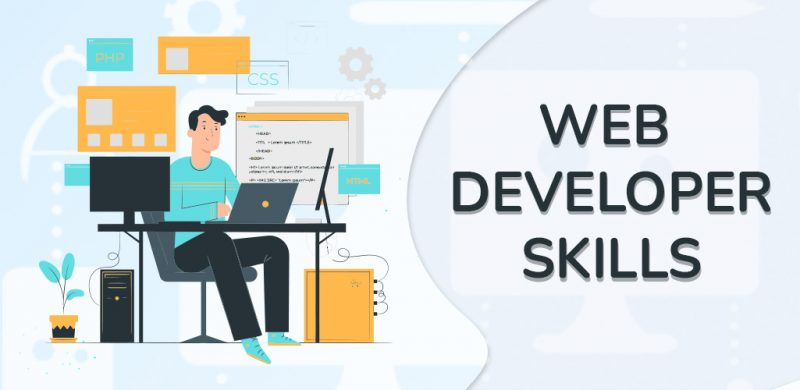The web development field is always evolving. It seems to be one of the most popular industries, and it’s not going away anytime soon, especially in light of the global pandemic. In light of this, we decided to compile a list of essential skills that every web developer should possess.
What is Web Development / Who is a Web Developer?
Web development is the process of creating and maintaining websites; it’s the work that goes on behind the scenes to make a website appear attractive, work quickly, and provide a consistent user experience. Web developers use a range of coding languages and frameworks to do this. The choice of languages and frameworks is determined by the tasks they’re performing and the platforms they’re using.
Web development talents are in high demand making it an excellent career choice. It is one of the most easily accessible and well-paying fields.
Confused about your next job?
Front-end development, web content development, client-side/server-side scripting, and network security settings are all part of the web development process. Web development, in a wide sense, refers to all the actions, updates, and operations required to create, maintain, and administer a website in order to assure its optimal functionality, user experience, and speed.
Web development is quickly becoming one of the most appealing in today’s times. But, what precisely is a web developer, and what does one do? A web developer or programmer is a person who converts a web design, which has been generated by a customer or a design team, into a website. They accomplish this by writing complex codes in a number of languages and frameworks.
Web developers create the layout of a website, such as a visually appealing home page and a user-friendly design (frontend which is seen by the user), and they may also produce content for it. Developers ensure that a website is functioning on all web browsers after it is launched, testing and updating it as needed. A server, an application, and a database make up a website’s back end. A back-end developer creates and maintains the technology that enables the components that allow the website’s user-facing side to actually exist. They also use databases (a database is an organized collection of data) as they support better data access.
The three main types of web developers are front-end, back-end, and full-stack.
Front-end developers are in charge of the parts of a website that users see and interact with, while back-end developers are in charge of the code that governs how a website loads and functions. Full-stack developers do a little bit of everything.
Web Developer Skills
You must establish strong fundamentals, just as you must with any newly acquired knowledge. Candidates with Web Development expertise will stand out from the crowd. Understanding HTML, design skills, and analytical knowledge are all important Front-end Web Developer skills.
Here you will learn what basic knowledge you need to learn to become a Web developer, as well as what you need to know to become an effective web developer if you already have some.
HTML/CSS

To work as a web developer, you must be familiar with HTML and CSS. The standard markup language for constructing web pages is HyperText Markup Language (HTML). This language is widely used by web developers to create web pages.CSS, on the other hand, is used to create the page’s layout, color, fonts, and style. Both of these languages are required to work as a front-end developers.
HTML lays the foundation for creating web pages. You can use the technology to create personalized websites with unique (and advanced) features and functions. For the uninitiated, HTML5 is the most recent version, and you should start learning it right away.
CSS (Cascading Style Sheet), on the other hand, is a must-have in Web development, as we previously stated. We utilize it to give our website a unique look, including the layout and design. We also utilize it to ensure that our website looks good on a variety of devices and screen sizes.
JavaScript

Along with HTML and CSS, JavaScript is also mentioned while discussing the World Wide Web. Javascript is at the top of the list of necessary Web Developer skills and qualifications. JavaScript is a programming language that allows you to add complicated features to a website. When it comes to designing websites, knowing JavaScript will help you fulfill higher client demands. These abilities will enable you to construct highly interactive websites that prioritize user experience.
JavaScript is a text-based programming language that allows you to construct interactive web pages on both the client and server sides. Whereas HTML and CSS provide structure and layout to web pages, JavaScript adds interactive components that keep users engaged.
Developers can also use JS to create dynamic websites with particular features (manipulate elements, algorithmic thinking, and so on) that help build an engaging network on a digital platform. If you want to be a web developer, you can’t afford to skip JavaScript
Git

A Web Developer can use a version control system to track, regulate, and revise code changes. Git is an example of a code versioning technology that allows you to quickly identify and rectify errors. The program allows you to keep track of the changes you’ve made to the code so you can go back and review it before making further changes. This is a must-have talent for a full-stack web developer working under tight deadlines.
Backend Tech

Web applications’ ‘behind-the-scenes’ functionality is handled by backend development languages. It’s the code that connects the web to a database, keeps track of user connections, and runs the web application. To deliver the final product to the end user, backend development works in collaboration with frontend development.
Backend developers are generally concerned with the operation of a website. They write code that concentrates on the functionality and logic that drives the product they’re working on, and the technology they employ is never visible to consumers.
The back end is made up of a mix of servers, apps, and databases.
Writing APIs, writing code to communicate with a database, creating libraries, working on business processes and data architecture, and much more are all possible responsibilities for backend programmers. It is frequently dependent on the role and company.
Object-oriented programming (OOP) and functional programming are two types of backend programming. Java,.NET and Python are popular OOP languages. SQL, F#, and R are some of the most used languages for functional programming.
JS Libraries and Frameworks

When you learn to program, you’ll discover that pieces of your code can be utilized in a variety of applications. There are a number of regularly used functions in JavaScript, for example.
So why do they have to be written from scratch every time? This is where libraries come in handy. JavaScript libraries contain completed functions that an application can use to complete a task, as well as make programming easier. We can use libraries in CSS that already have classes that are regularly used.
With frameworks, it is basically the same. The JavaScript framework is a JavaScript application framework that allows programmers to edit functions and use them as needed. Why build something from scratch if, by all means, you can use something and adapt it to your project? Frameworks simplify your work but give you a more standardized approach to coding. These frameworks also make it feasible for the programmer to create a device-responsive application. Some frameworks are Vue.js, React, and Angular.js.
Testing and Debugging

Debugging is the process of finding bugs, faults, or other irregularities in your code and then fixing or changing them. A software developer spends approximately 33% of his time debugging.
You may need to check your website for mistakes on a regular basis. If any issues are discovered, you must be able to debug them. Regular testing ensures that the code is functioning correctly. As a result, becoming a successful web developer necessitates the ability to test and debug code on a frequent basis.
This is a time-consuming and complicated process, but it is regrettably a necessary evil. Debugging becomes more enjoyable over time because it’s like solving a puzzle, and minor adjustments can make everything work.
Search Engine Optimization(SEO) Skills

Many clients prefer developers that are familiar with the basics of SEO. This is due to the fact that a website with effective SEO ranks higher in search results, attracting more visitors. Because clients frequently want to increase the number of visitors to their website, SEO is a valuable skill to have as a web developer.
Responsive Web Designing Skills

Basic web designing knowledge is a major benefit. This is crucial because you will be given a design to bring to life on the web at some point throughout your journey to becoming a web developer.
Understanding how responsive web design works is essential if you want to work as a web developer. A web page can be seen on a variety of devices with different screen sizes. Any website you develop must adapt to different screen sizes, whether they are using a desktop computer or a mobile phone. If the website you create isn’t responsive, it won’t work on either a desktop or a mobile device. As a result, you must be able to construct websites with responsive designs, as failing to do so may reduce the number of visitors to your siTE.
Web Hosting

There are hundreds of website hosting providers to choose from, so the last thing you need to do is name your website after you’ve chosen one. When you choose a name for your website and want that name to be the address, you must register that name with a domain provider..
Web hosting allows you to store your resources (HTML files, CSS files, JS files, photos, and databases) on a server and access via the Internet.
After the web development process is completed, it must be made live so that users from all over the world may access it and generate traffic. Knowing how to deploy codes is required for this. Deploying your code entails putting it in the cloud, using SaaS providers like Amazon Web Services, and so on. Aside from deployment, understanding how to transfer and scale websites is also critical. These talents come into play if your project includes transferring from one host to another or adding new features or the ability to handle large amounts of traffic.
Excellent problem-solving skills with excellent reasoning abilities are a requirement for all web developers, regardless of job title or job description.
From addressing syntax problems and workflow loopholes to cracking an entirely new technique to install a unique website functionality, overcoming challenges necessitate these skills. If coming up with ideas is difficult, developers should at the very least be aware of where to go for potential solutions.
How to Improve Web Development Skills
Here are some suggestions for improving your web development abilities:
- Practice coding
Every experienced web developer will tell you to write code every day if you ask them for their best advice on how to improve your skills. While the advice may appear apparent, the plain truth is that it works.
You will improve as a developer if you write code on a regular basis, just as you will improve at any skill by exercising it consistently. This will allow you to catch your errors and will also enhance your typing abilities, lowering your chances of making errors.
You can practice using a variety of free internet programs. You will undoubtedly experience results if you remain consistent in your practice.
- Learn from experienced developer
Any beginner or improving coder should seek out an experienced programmer to mentor them. Because they’ve spent so much time learning from others, developers make some of the best and most willing mentors.
Mentors can be found in coding clubs and programs, online forums like Reddit and Twitter, and places like MentorCruise or Scaler, etc. where mentors converge. Having a mentor will not only provide you with honest and direct criticism on your projects, but it will also provide you with insight into the inner workings of the industry, how to network, and how to find your way into this ever-changing sector.
- Learn new technologies and frameworks
You’ve probably come across a variety of coding technologies and frameworks if you’ve been developing for a while.
Learning different coding technologies has a number of advantages. One, it will educate you on how to better structure your code, which will aid in the improvement of your design. Two, it will become easier to read other people’s codes. Three, you’ll start to develop thoughts and habits about your coding, which will increase your commitment to your projects.
The use of a number of programming languages and technologies is required for web development. Because the technological world is always changing, you’ll have to keep learning new things.
- Join the open source community
Joining an open source community not only allows you to collaborate with established developers, but it also exposes you to some amazing code learning and practices. When you’re feeling stuck on a project, the open-source community can be quite helpful. For help, you may normally contact any of the developers. Over time, you’ll notice that people are asking you questions, and you’ll be able to start teaching others what you’ve learned.
- Improve soft skills
Work on your body language, improve your listening skills, and learn how to deal with pressure. All of these can help you improve your interpersonal skills.
Conclusion
We hope this article provides you with some beneficial knowledge in becoming an excellent web developer. Understanding the technologies and frameworks, design skills, and analytical knowledge are all important Web Developer talents. If you haven’t mastered any of the abilities we’ve outlined, you still have the rest of the year to study, grow, and improve as a web developer.
FAQs
1. What a web developer must know?
Every web developer should know at least the basics of these: HTML, CSS, and JavaScript for the frontend and PHP or Node.js for the backend. These core web development abilities will provide you with the foundation and rationale required for communicating with programming languages.
2. What are the duties of a web developer?
Web developer duties include the following :
- Writing well-designed, tested, and efficient code
- Understanding HTML, CSS, JavaScript, PHP, etc.
- Create and test website applications.
- Troubleshoot any issues with the website.
- Bringing data from a variety of back-end services and databases together
- Updating and maintaining websites
3. Do web developers work from home?
Many web developers can also work from home, making it an appealing career choice for some. Working from home is a natural choice for web development because it lends itself to peaceful and focused situations. Web Developers can work remotely or from any place with an internet connection due to the nature of the work, however, depending on the type of work, you’ll have a variety of possibilities, including Work under a contract, Full-time employment, Work on a freelance basis. It is currently a ‘work from home’ job due to Covid.
4. How much do web developers earn?
In India, a web developer’s salary for a fresher is approximately a minimum of ₹125,000 pa while that of an experienced developer’s salary is approximately ₹890,000 pa.
So, a web developer has quite an earning escalation to look up to here.
5. Is web development a good skill?
Well, it depends on what kind of job you’re looking for. Web development allows you to express yourself on the internet in a creative way.
The occupation of web development has various characteristics, such as employment availability and base compensation, that make them a good choice for anyone looking for stable and well-paying work. While good compensation and flexibility have long been considered important factors in job happiness, they aren’t the only ones.
It’s critical to analyze the advantages and disadvantages of each new job choice. Web development has a variety of advantages: high earning potential, room for advancement, and work flexibility are frequently top of mind for anyone considering a career in the field.
6. What languages do web developers need to know?
There are a variety of coding languages developers choose from depending on their requirement, the most common being HTML, CSS, Javascript and Python, PHP among others.
7. What are 5 essential skills every web developer should have?
To keep up with the rapidly changing web technology, developers must possess the following five skills:
- Optimized coding skills & testing
- Time management skills
- Interpersonal skills
- Responsive design skills
- Constantly leaning and staying update







 Join WhatsApp Group
Join WhatsApp Group


